Home EV Charger Installation Cost Canada: Is It Worth the Investment?
- Antech Electric

- May 12, 2025
- 7 min read
Updated: Aug 18, 2025

As electric vehicles (EVs) gain popularity in Canada, many homeowners are considering installing an EV charger at home. The convenience of charging your EV overnight, just like your smartphone, is undeniably appealing.
But what is the cost of installing electric car charging point for personal home use? And is it a worthwhile investment?
This guide aims to answer these questions. We'll delve into the costs, benefits, and factors affecting the installation of home EV chargers.
By the end, you'll have a clearer understanding of whether installing an EV charger at home is the right move for you.
Understanding EV Charger Types
Before embarking on the journey of installing an EV charger at home, it's crucial to understand the different types available. In Canada, the most common options are Level 1 and Level 2 chargers.
Each type offers unique benefits and challenges, depending on your needs and electrical setup at home. The deciding factor when selecting the best home EV Chargers for your needs can significantly impact both the initial installation cost and your long-term charging convenience.
Level 1 chargers are the most basic option and are often included with the purchase of an electric vehicle. They offer a straightforward and inexpensive way to charge your EV, but they have limitations.
In contrast, Level 2 chargers deliver faster charging capabilities and come with more advanced features. This comes with a higher upfront installation cost but offers greater long-term value.
Furthermore, some homeowners may consider public charging stations or community setups. Although these are not private home solutions, understanding how they complement home charging is important. They add a layer of flexibility for EV owners away from home.
Ultimately, your choice will hinge on how you balance cost, convenience, and your charging needs. Next, we will delve into the specifics of both Level 1 and Level 2 chargers.
Level 1 Chargers
Level 1 chargers are the simplest way to charge an electric vehicle at home. They connect to a standard 120-volt household outlet. For many new EV owners, this can be an attractive option because it requires no additional installation cost.
The downside is that Level 1 chargers are quite slow. They typically provide only 8-12 kilometers of range per hour of charge. This makes them ideal for those who drive short distances daily and can afford the extended charging times.
Despite their limitations, Level 1 chargers are often sufficient for those who have time to let their EV charge overnight. It's a practical starting point for many looking to explore EVs without significant investment.
Level 2 Chargers
Level 2 chargers operate at 240 volts, similar to heavy-duty appliances like electric stoves. These chargers offer a much faster charging speed, providing 30-50 kilometers of range per hour. For active drivers, this charging speed is crucial.
However, installing a Level 2 charger requires professional electrical work, which can increase installation costs. The charger itself can range from a few hundred to several thousand dollars, depending on features.
Despite higher upfront costs, Level 2 chargers are well-regarded for their convenience and efficiency. Many Canadian provinces offer incentives to help offset these costs, making them an appealing option for serious EV users.
Charging Stations for Electric Cars
Charging stations for electric cars aren’t just limited to private homes. Public and community options are widespread, offering further convenience and accessibility for EV owners. While not a home installation, understanding these options can be valuable.
Public charging stations can be found in many urban centers and along major travel routes. They typically house Level 2 chargers and sometimes faster Level 3 chargers. These are useful for long trips or when a quick charge is needed.
For those living in apartments or condos, community charging stations can bridge the gap between home charging and public availability. It’s key to consider these alternatives, as they may influence the decision to install a home charger.
Understanding the landscape of charging options will help you maximize your EV's potential. It’s a multifaceted decision that extends beyond just the home.
Factors Impacting EV Charging Station
Installation Costs
When installing an EV charger at home in Canada, several factors can significantly affect the costs involved. Understanding these variables is key to planning your installation effectively and budgeting accurately.
The specific electrical requirements of your chosen charger, such as the voltage and amperage, play a major role in determining setup costs. These requirements can lead to the need for electrical upgrades, further increasing expenses.
The physical distance from your home’s electrical panel to the charging location is another critical cost factor. Greater distances mean higher installation costs due to increased labor and materials.
Additionally, the layout of your home can impose certain limitations or adjustments that influence installation cost and complexity. Considerations such as whether the charger will be installed in a garage or an outdoor space can also influence the total cost.
Ultimately, each home is different, and these factors combine uniquely in every installation. Being aware of them allows you to anticipate potential expenses accurately. Now, let’s delve deeper into each of these factors.
Electrical Requirements
The electrical specifications of an EV charger impact installation costs significantly. Level 2 chargers, for example, often require a dedicated 240-volt circuit. This may necessitate upgrades to your existing electrical panel or other adjustments.
These upgrades might include increasing the electrical service capacity or adding circuit breakers. It is essential to consult with a certified electrician to assess your home's current setup. Professional assessment ensures the installation meets safety standards and local regulations.
Understanding these electrical requirements early can help you avoid unexpected expenses. It prepares you for any upgrades needed to support the desired charging station.
Distance from Electrical Panel
The distance between your electric panel and the intended charger location is crucial in electric car charging station installation. Longer distances require more cabling and labor, driving up installation costs.
Placing the charger far from the electrical panel typically requires more extensive work. This could involve drilling through walls, additional conduits, or longer underground runs, each adding to the installation time and cost.
It's wise to choose a location that minimizes this distance. Discuss this with your installer to identify the most cost-effective setup without sacrificing functionality or convenience.
Home Layout Considerations
The layout of your home also affects installation decisions. Factors like whether the charger will be indoors or outdoors can influence both cost and complexity. Outdoor installations might need weatherproofing or additional enclosures, adding to costs.
In a garage, accessibility and convenience are key considerations. The charger's location should not obstruct vehicle access or parking. Additionally, ensure adequate space for the necessary equipment around the charging point.
Evaluating your home's layout thoroughly helps optimize both cost and functionality. Adequate planning reduces unexpected adjustments during installation, creating a smoother process overall.
EV Charger Installation Cost Breakdown
Understanding the total cost to install an EV Charging Station in Canada involves breaking down each element of the installation. The overall expense typically includes the cost of the charger itself, labor, and any necessary electrical upgrades.
The charger unit's cost can vary greatly based on its specifications and brand. Choosing a device from reputable manufacturers like Flo or Leviton might ensure quality but can also affect the price.
Labor costs are another major factor. Hiring a certified electrician ensures compliance with safety standards but adds to the overall cost. Keep in mind that these charges can fluctuate depending on regional labor rates.
Electrical upgrades can add a significant amount to the bill if your home's existing electrical infrastructure isn't sufficient to support the charger. These upgrades might include enhancing electrical panels, adding new wiring, or installing additional circuit breakers.
By comprehensively understanding these components, homeowners can better plan for the total cost of installation, avoiding surprises once the project is underway.
Average Installation Costs of Electric Car Home Charging
Stations in Canada
On average, installing an EV charger at home in Canada can range from CAD 500 to CAD 2,000. This estimate accounts for a Level 2 charger and includes both the equipment and labor costs.
However, this range can fluctuate based on factors such as the specific model chosen and the need for electrical upgrades. For certain setups, especially those requiring significant electrical work, costs can exceed this average range.
EV Charging Station Installation Cost Estimates
Estimating installation costs for an EV charging station involves considering both fixed and variable components. While the cost of the charger itself may range from CAD 600 to several thousand, installation labor can add another CAD 300 to CAD 1,500.
Factors such as local labor prices and the complexity of the installation will impact the final estimate. Additionally, any necessary permits or inspections can further add to costs.
Level 2 Charger Installation Cost Specifics
Level 2 chargers, offering faster charging speeds, often require a dedicated 240-volt line. These chargers themselves might cost between CAD 500 and CAD 1,200.
Installation for these chargers generally ranges from CAD 800 to CAD 2,500 depending on specific home setup requirements.
Additional Installation Costs
Beyond equipment and labor, extra costs might include electrical panel upgrades or conduit installation. These additions can potentially add CAD 500 or more to the total cost.
Homeowners should also consider the cost of necessary permits and inspections to ensure legal compliance, which varies by region.
Benefits of Installing an EV Charger at Home
Installing an EV charger at home offers numerous advantages that extend beyond mere convenience. Chief among these is the ability to charge your vehicle at your own schedule, eliminating the need for frequent trips to public charging stations. This capability not only saves time but also reduces the hassle associated with finding available public chargers, especially during peak hours or in remote areas.
Convenience and Accessibility
Having a charging station at home means you can charge your electric vehicle overnight or whenever it suits you best. This setup enhances the overall convenience, ensuring your car is always ready for the next drive. Additionally, home charging provides a personalized station that eliminates dependence on public infrastructure.
Financial Incentives and Rebates
Many Canadian provinces offer significant financial incentives and rebates for installing home EV chargers. These rebates can cover a portion of the purchase and installation costs, dramatically reducing your out-of-pocket expense. Furthermore, any energy cost savings over time can further enhance the financial attractiveness of home charging.
Environmental Considerations
Electric vehicles themselves are environmentally beneficial, and home charging can amplify these benefits. Charging at home, especially during off-peak hours or with renewable energy, reduces your carbon footprint even further. By transitioning to home-based charging, you contribute to lessening the demand for fossil fuel-based energy production.
Conclusion
Installing an EV charger at home in Canada can be a smart investment. It offers convenience, potential savings, and environmental benefits. While the upfront costs may seem high, financial incentives and long-term savings can make it worthwhile. Ultimately, it enhances your electric vehicle experience significantly. Reach out to an Electrician to learn more about EV Charger installation Toronto

%20(2220%20x%201920%20px).png)
%20(1).png)



Comments